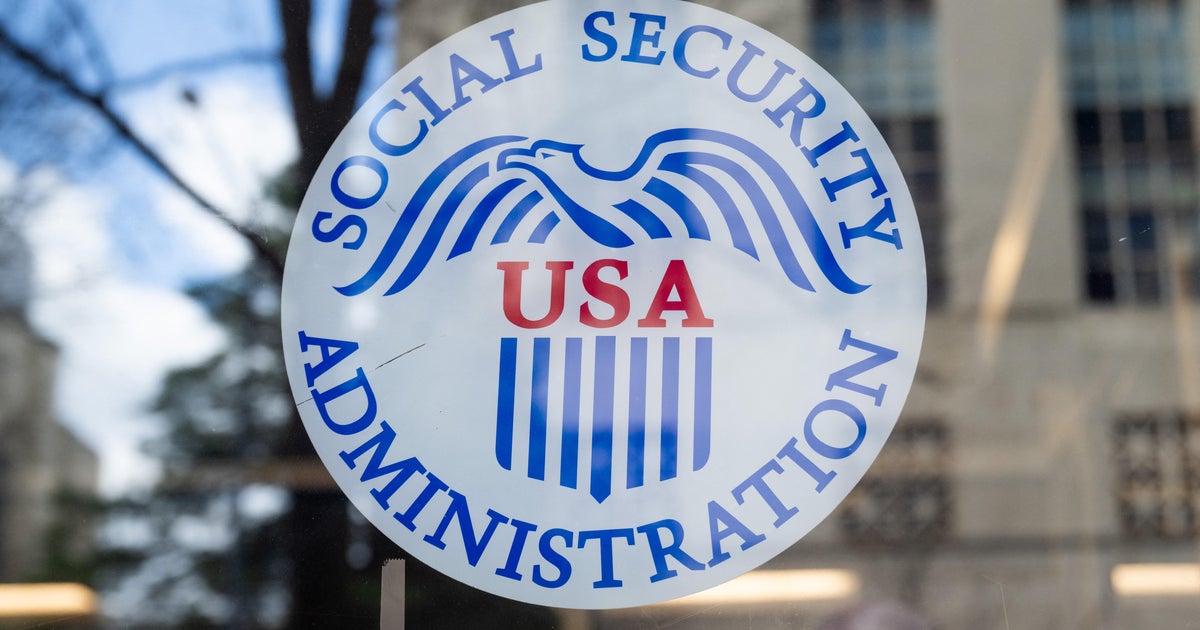

No response returned

Social Security celebrates its 90th anniversary today, marking a major milestone for the program that supplies monthly benefit checks to almost 70 million senior citizens, disabled people and surviving family members of deceased workers.
When President Franklin D. Roosevelt signed the Social Security Act into law on Aug. 14, 1935, he guaranteed for the first time that workers could rely on continuing income in retirement after they turned 65. As it enters its 10th decade, the program is only growing in importance amid an aging population, with a record number of Americans now collecting benefits.
In the next 10 years, Social Security is expected to swell by an according to the . But even as it grows in importance, the program is also facing mounting problems and growing questions over its long term viability.
While many policy experts believe the program should be expanded, its outgoings now far outpace its income. Some Democratic lawmakers are also questioning the agency's ability to serve retirees after the Trump administration earlier this year made in what the Center on Budget and Policy Priorities as the "largest staffing cut in SSA's history."
As these challenges have mounted, faith in the program has deteriorated, even as three-quarters of Americans say they believe Social Security is "one of the most important programs" the government offers, according to a recent AARP . Confidence in the future of Social Security has declined by 7% in the last five years, from 43% in 2020 to 36% in 2025, it found.
Asked about these concerns, the Social Security Administration pointed to a Fox News Thursday with its commissioner, Frank Bisignano, who said he's optimistic about the program's future and that the agency is working on improving its operations.
The White House also took issue with the criticisms, with spokeswoman Liz Huston telling TheNews that the administration is improving customer service and "preventing illegal aliens from accessing benefits. "President Trump has made Social Security great again," she said.
A major headwind facing Social Security may not be new, but it is fast approaching: The possible insolvency of its trust funds as the gap between its revenue and expenditure grows.
For instance, in 2024, the program cost $1.49 billion, but total income was $1.42 billion, according to the 2025 Social Security Board of Trustees' .
Because of that trend — which is expected to continue given the aging population — the Social Security trust funds are forecast to be , one year sooner than previously forecast, according to the most recent trustees' report. This so-called "go-broke" date has been a major source of stress for Americans who worry that there won't be enough money left by the time they reach retirement age.
While some workers believe that the trust funds' insolvency means Social Security will cease making payments after that date, that is incorrect. Because the program is funded through payroll taxes, Social Security has a constant stream of income — although without the trust funds' financial cushion, the program will face a shortfall, leading to a cut in benefits.
Without a fix, monthly benefits could be cut by as much as 23%, the Social Security Board of Trustees warned in its 2025 .
But there are options for shoring up the trust funds. For one, there's a current cap on the amount of income subject to Social Security taxes, which stands at $176,100 in 2025, meaning any earnings above that amount are exempt from the payroll tax.
One remedy would be to lift the cap on payroll taxes, an option that some Democratic lawmakers prefer. Another idea, floated by , is to raise the retirement age, which currently stands at 67 for people born after 1960.
President Trump has vowed not to cut Social Security, noting in a "Meet the Press" interview in December that "we're not touching Social Security, other than we might make it more efficient." Nonetheless, concerns have mounted over the Trump administration's changes to the program, including cuts to its staff and the closure of some field offices.
During a press call Wednesday organized by advocacy groups, Sen. Bernie Sanders, an independent from Vermont, claimed Mr. Trump and others in his administration are "working overtime to try to dismantle Social Security."
Many Americans also say they're worried about what sort of changes the new administration could make. According to a new from NerdWallet, 61% of Americans believe Social Security benefits will be cut under the current administration.
The White House, however, contends that Social Security has become more efficient under Mr. Trump's leadership. In a released Thursday, the White House claimed that the agency is handling 70% more calls than last year and that it has cut down on wait times with the help of technology. It also said the average wait times for customers at field offices have declined by 23%.
"We have taken steps to reduce wait times, enhance security, and make it easier to navigate our programs," SSA commissioner Frank Bisignano wrote in an for Fox News on Thursday. "All the while ensuring we pay benefits accurately to those who are eligible to receive them."
Mr. Trump on Thursday repeated his to protect the program.
The program will become "stronger, bigger and better" and is "gonna be around a long time" with Republicans in charge, he added in remarks from the White House.




